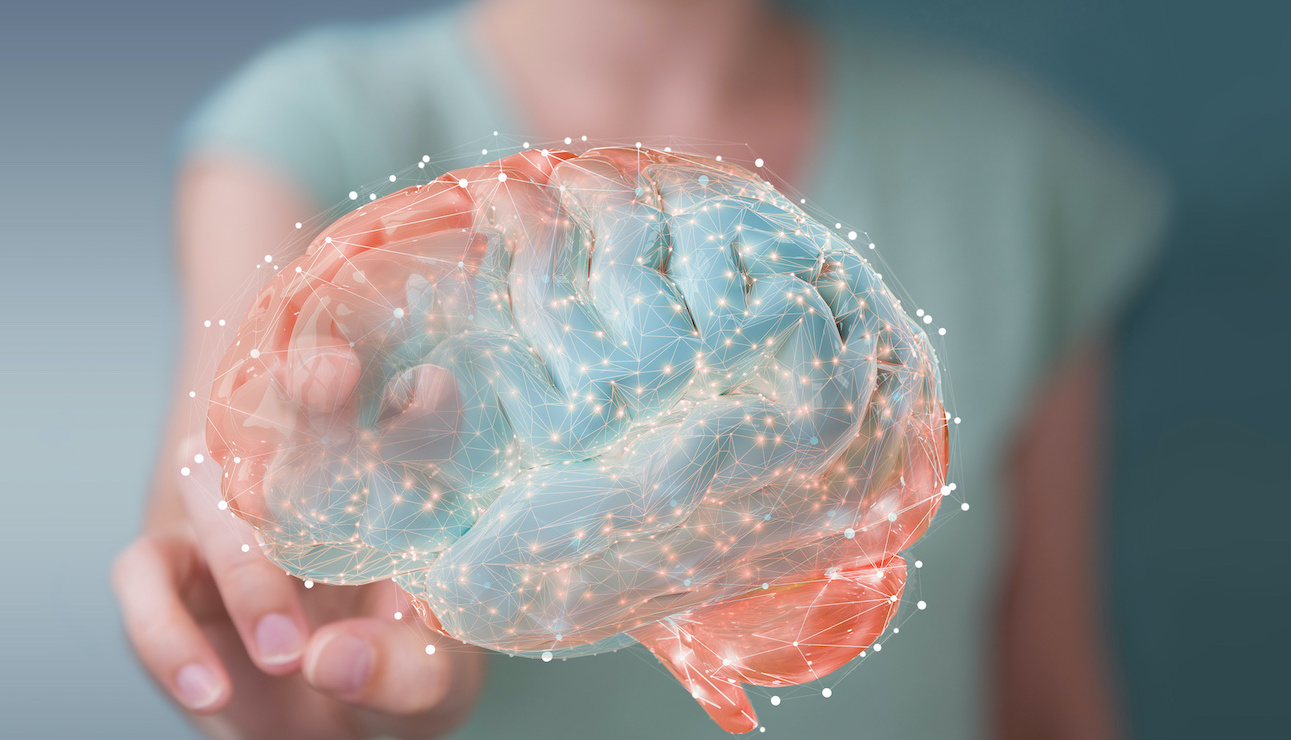By Dr. Caroline Spearman, Psy.D.
Neurofeedback is a tool that is often used in a clinical setting to improve various unwanted symptoms (e.g., anxiety, low mood, inattention), but it is increasingly being used to enhance performance in sports. Just as physical training aims to strengthen the body, peak performance training aims to strengthen brainwave patterns.
The use of neurofeedback to enhance athletic performance dates back to 1991 when it was applied to archery. Currently, Olympic and professional athletes around the world (e.g., Kirk Cousins, Kerri Walsh-Jennings (Olympic beach volleyball), University of Notre Dame football players, Italian World Cup Soccer Team, Canadian Olympic Ski team) use neurofeedback to help improve their game.
The impact of stress, pressure, and competition that athletes face on a daily basis can result in abnormal brainwave patterns. Many athletes identify symptoms of anxiety, low frustration tolerance, distractibility, “choking” during competition, and self-doubt as target goals. Through neurofeedback training, the brain can learn to self-regulate the targeted abnormal brainwave patterns to reduce these negative symptoms. Athletes often comment that this produces mental clarity and calm, improved focus while “in the zone”, decreased rumination, and more.
Mental toughness is a term that is often cited as the key to separating the good athletes from the great. However, while athletes spend hours each day training their bodies, many spend far less time focusing on their mental game. Engaging in twice weekly neurofeedback sessions is a tool that can help train the brains of athletes and strengthen mental toughness. Given that this is an emerging field, more randomized controlled studies are needed, but anecdotal evidence shows positive effects.
At Georgetown Psychology, we offer neurofeedback for athletes interested in improving their performance. We can provide peak performance neurofeedback training as a standalone treatment or incorporate sports psychology strategies into the session. Contact Dr. Caroline Spearman for more information.







